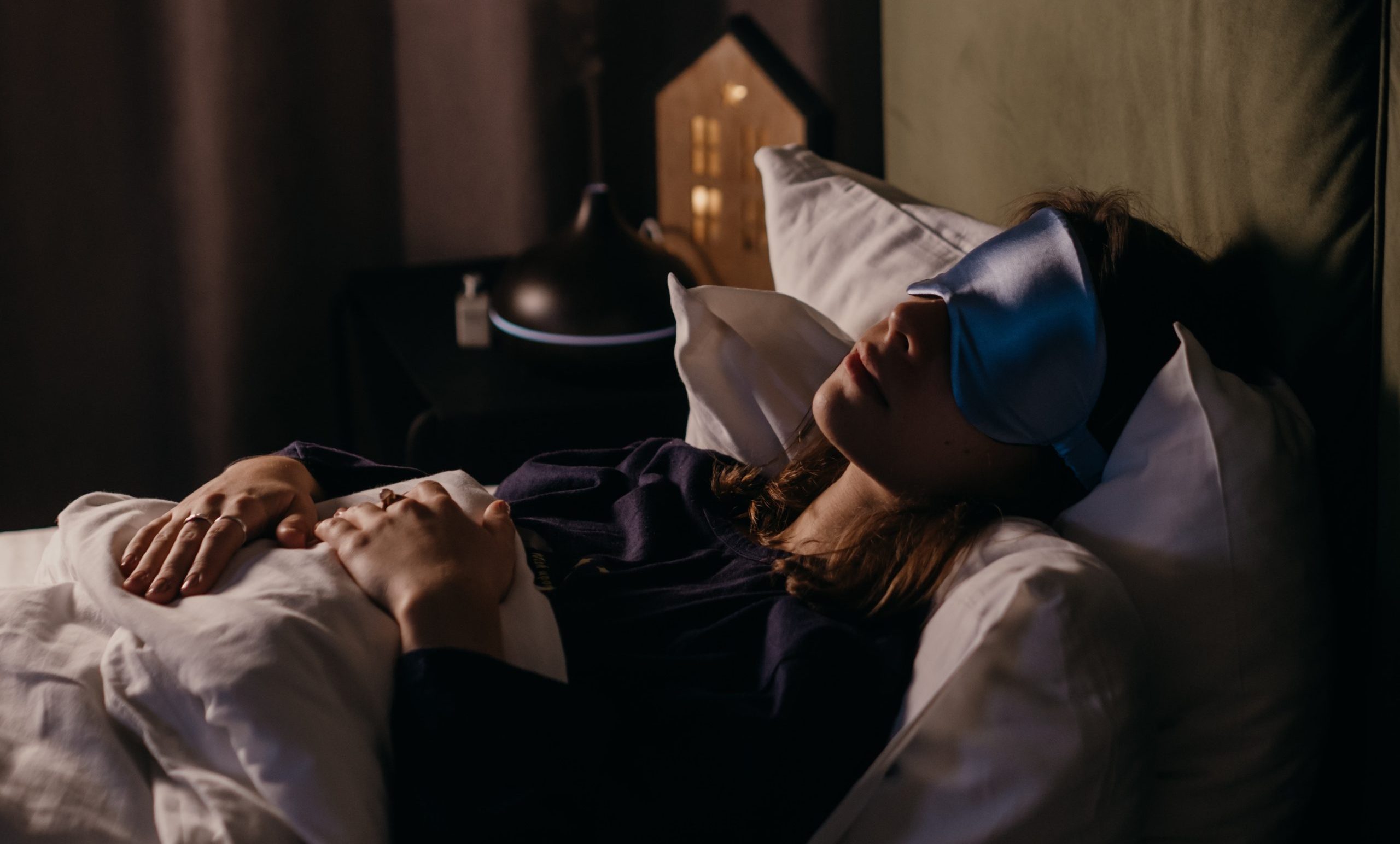
Sleep. We all can’t get enough of it. Sleep is often one part of our 24h day that we don’t give enough importance to.
What happens if you don’t get enough sleep or don’t have a good quality sleep?
You feel more fatigued, your cognition is decreased. It might be hard to do your daily activities, and you might participate less in them. Things might be slower and your quality of work could decrease.
Did you know that the functional impairment you have after staying awake for 17 hours is equivalent to that of having 0.05% blood alcohol concentration (BAC), according to the CDC?
Occupational therapy can play a role in sleep management. We can screen for sleep disorders and help address this very important activity in your day (rather night).
How can you get started on improving your sleep? Try out some of these sleep hygiene strategies!
Tricks and tips to try to get a better sleep hygiene
- Go to bed and wake up at a consistent time.
- Have a bedtime routine.
- Do not watch TV or look at your phone before bed.
- Dim the lights as you go through your bedtime routine.
- Keep your room cool – your body temperature decreases as you fall asleep.
- Don’t eat or drink alcohol or caffeine close to your bedtime.
- Keep your bed for sleeping and sexual activity, i.e. don’t study in bed. You want your brain to associate the stimulus of the bed with sleep, not studying. Thus when you get in bed, your brain and body will begin to think about sleeping.
Sleeping and phone use…
Don’t fall asleep by scrolling on your phone. This will make it difficult to fall asleep and reduce your quality of sleep. Here’s why!
Melatonin is a hormone that is released from the pineal gland to help your body start the process to fall asleep. As the sun sets, the environment gets darker, which stimulates the release of this hormone. However, with modern day technology and electricity, we often suppress it by keeping the lights on or scrolling on the phone before bed. In fact, the light emitted from the phone screen inhibits the release of melatonin, thus making it harder to fall asleep. Choose instead to read (paper copy – not on a screen) or journal before going to bed. Dim the lights for some time before bed. Avoid using your phone right before bed. (Need your alarm? Try buying one instead of using your phone!)
So now go ahead and try some of these tips yourself!
Cheers to better sleep and an improved quality of life!




